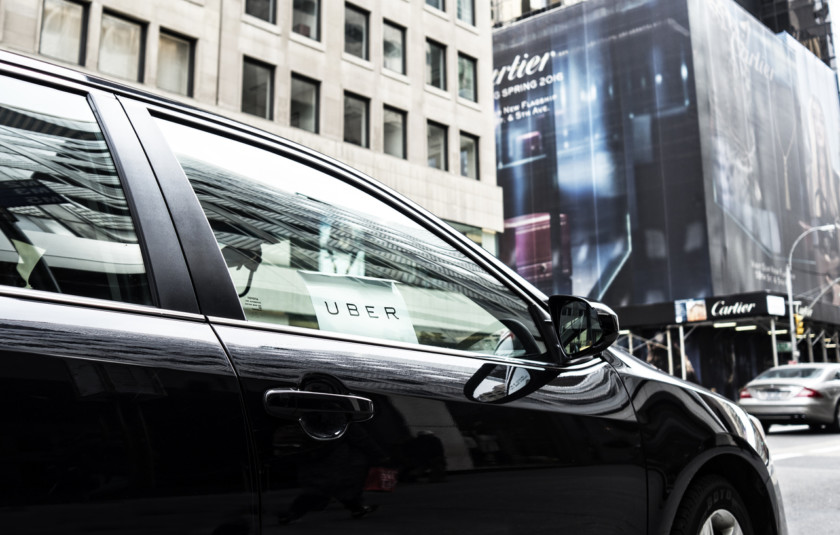Uber, the ride-sharing service, has a new tool that could benefit city planners, but could also worry its users about their own privacy.
 The new tool is called Movement, and it lets anyone see where Uber drivers pick up and drop off Uber users. So far, Movement only tracks users in Washington, DC, Manila, and Sydney. The company will release Movement to the world at large in February.
The new tool is called Movement, and it lets anyone see where Uber drivers pick up and drop off Uber users. So far, Movement only tracks users in Washington, DC, Manila, and Sydney. The company will release Movement to the world at large in February.
“We don’t manage streets. We don’t plan infrastructure,” Andrew Salzberg, Uber’s chief of transportation policy told Wired. “So why have this stuff bottled up when it can provide immense value to the cities we’re working in?”
Uber’s has in the past fought with many cities because it will not release information about its drivers to city officials. But now, by giving cities at least an idea of how many people use Uber and where commuter traffic flows, the company could hopes to heal many rocky relationships. Unfortunately, Uber does so at the expense its users who value privacy. Although, the company will not release information about specific riders and drivers, this move could be the first in many for a private company that has long resisted sharing data with civil authorities.
In the past, private companies has clashed with local police and the even the FBI over sharing data about their customers. For instance, a locked iPhone was the key to finding out the identity of a terrorist in California earlier this summer, but Apple refused to unlock it for the FBI. Amazon was put in a similar situation this past December when one of its Echo products became a witness of sorts in an alleged murder.
Movement is open to anyone who wants to use it, so there is no fear of transparency issues. But as more companies stockpile big data, the future of privacy is becoming murky.


